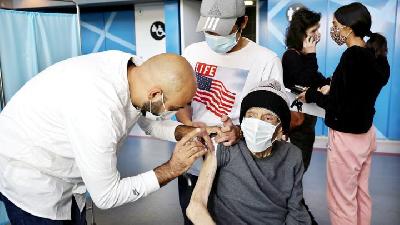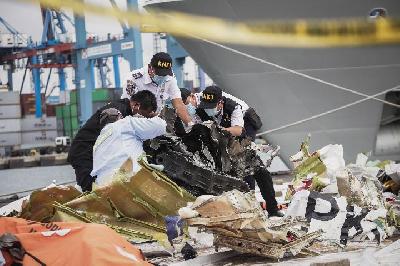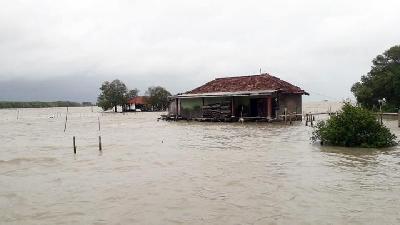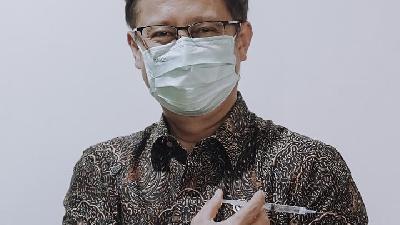The Generals at Trunojoyo
Monday, January 18, 2021
Different camps within the Police marred the selection of the next National Police chief. Commissioner Gen. Listyo Sigit needs to prove that he is not chosen only because of his closeness to President Joko Widodo.
arsip tempo : 171403876414.
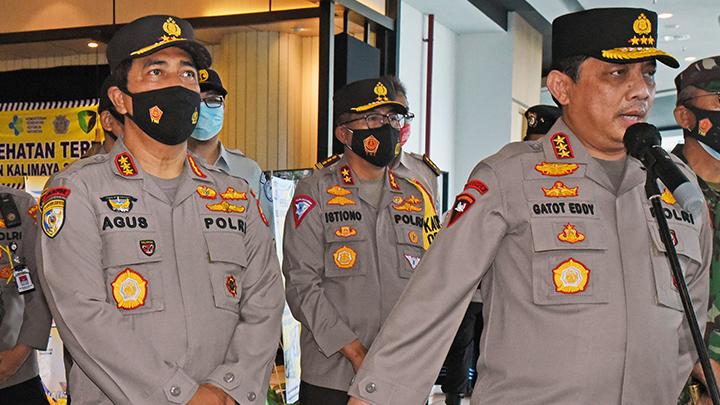
BYPASSING several prospects who graduated from the Police Academy before he did, Comr. Gen. Listyo Sigit Prabowo was appointed as a candidate for the new National Police chief. This graduate of the Police Academy’s Class of 1991 will replace Gen. Idham Azis, from the Class of 1988A, who will retire on January 30.
Trimedya Panjaitan, a member of the House of Representatives (DPR) Legal Affairs Commission from the Indonesian Democratic Party
...
Subscribe to continue reading.
We craft news with stories.
 For the benefits of subscribing to Digital Tempo, See More
For the benefits of subscribing to Digital Tempo, See More




